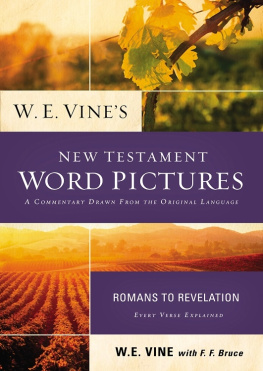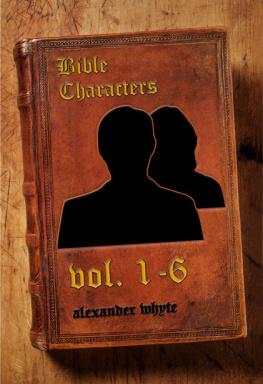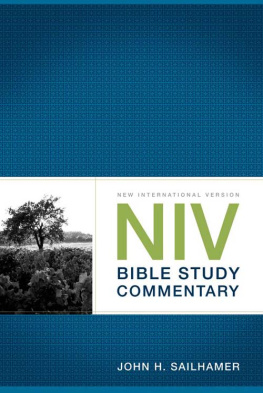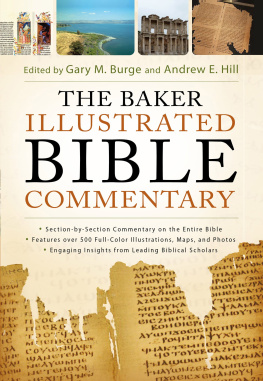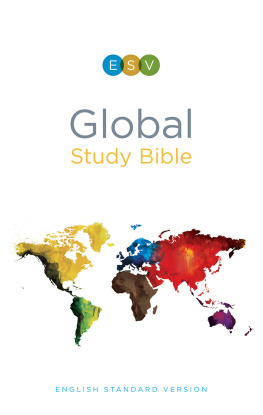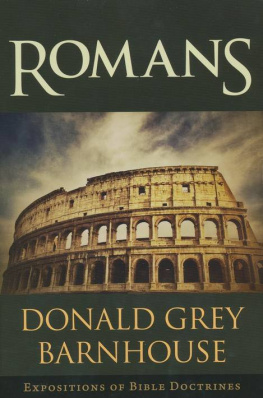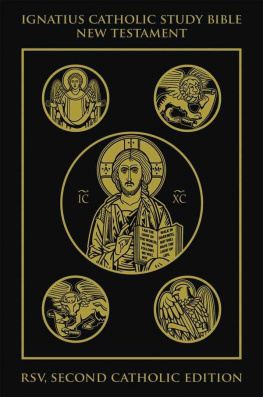
BEACON
BIBLE
EXPOSITIONS
BEACON BIBLE EXPOSITIONS
1. Matthew
2. Mark
3. Luke
4. John
5. Acts
* 6. Romans
7. Corinthians
8. Galatians, Ephesians
9. Philippians, Colossians, Philemon
10. Thessalonians, Timothy, Titus
11. Hebrews, James, Peter
12. John, Jude, Revelation

Copyright, 1975
by Beacon Hill Press of Kansas City
Library of Congress Catalog Card No. 74-78052
Printed in the United States of America
ISBN 083-412-0747
eISBN 978-0-8341-2703-6
Permission to quote from the following copyrighted versions of the Bible is acknowledged with appreciation:
The Holy Bible, New International Version (NIV), copyright 1973 by New York Bible Society International.
The Revised Standard Version of the Bible (RSV), copyrighted 1946 and 1952.
The New American Standard Bible (NASB), copyright The Lockman Foundation, 1960, 1962, 1963, 1968, 1971.
The New English Bible (NEB), The Delegates of the Oxford University Press and the Syndics of the Cambridge University Press, 1961, 1970.
The Bible: A New Translation, by James Moffatt. Copyright 1954 by James Moffatt. By permission of Harper and Row, Publishers, Inc.
Today's English Version of the New Testament (TEV). Copyright American Bible Society, 1966.
The New Testament in Modern English, copyright by J. B. Phillips, 1958. Used by permission of the Macmillan Co.
Contents
No Christian preacher or teacher has been more aware of the creating and sustaining power of the Word of God than the Apostle Paul. As a stratagem in his missionary endeavors, he sought out synagogues in the major cities where he knew Jews would gather to hear the Old Testament. No doubt he calculated that he would be invited to expound the Scriptures and so he would have a golden opportunity to preach Christ. That peripatetic preacher was confident that valid Christian experience and living could not be enjoyed apart from the Word of God, whether preached or written. To the Thessalonians he wrote: And we also thank God constantly for this, that when you received the word of God which you heard from us, you accepted it not as the word of men but as what it really is, the word of God, which is at work in you believers (1 Thess. 2:13, RSV). Strong Christians, and more broadly, strong churches, are born of, and nurtured on, authentic and winsome exposition of the Bible.
Beacon Bible Expositions provide a systematic, devotional Bible study program for laymen and a fresh, homiletical resource for preachers. All the benefits of the best biblical scholarship are found in them, but nontechnical language is used in the composition. A determined effort is made to relate the clarified truth to life today. The writers, Wesleyan in theological perspective, seek to interpret the gospel, pointing to the Living Word, Christ, who is the primary Subject of all scripture, the Mediator of redemption, and the Norm of Christian living.
The publication of this series is a prayerful invitation to both laymen and ministers to set out on a lifelong, systematic study of the Bible. Hopefully these studies will supply the initial impetus.
WILLIAM M. GREATHOUSE AND
WILLARD H. TAYLOR, Editors
Introduction and Theme (1:1-17)
The Gospel of God (1:1-6)
Called Saints (1:7)
The Missionary Task (1:8-15)
The Gospel of Christ (1:16-17)
The Wrath and the Righteousness of God (1:185:11)
The Wrath of God (1:18-25)
The Sin of Mankind (1:26-32)
God's Righteous Judgment (2:1-16)
God's Law and True Worship (2:17-29)
God's Faithfulness and Man's Unfaithfulness (3:1-8)
The Guilt of the World (3:9-20)
The Gospel of Justification (3:21-26)
Light from the Cross (3:27-31)
The Example of Abraham's Faith (4:1-12)
Justification by Faith Alone (4:13-15)
The Nature of Faith (4:16-25)
New Life in Christ (5:1-11)
God's Eternal Purpose in Christ (5:1211:36)
Christ and Adam (5:12-21)
The New You (6:1-14)
The Holy Life (6:15-23)
The Freedom of the Gospel (7:1-25)
Life in the Spirit (8:1-11)
Holiness by the Spirit (8:12-17)
The Hope of Glory (8:18-27)
If God Be for Us! (8:28-39)
The Majesty of God's Ways (9:1-29)
The Sin of Unbelief (9:3010:21)
The Salvation of Israel (11:1-36)
Practical Applications (12:116:27)
Your Spiritual Worship (12:1-2)
Being the Body of Christ (12:3-8)
The Power of Christian Love (12:9-21)
The Power of Christian Hope (13:1-14)
Weak and Strong Christians (14:115:13)
The Christian Mission (15:14-33)
A Glimpse of a Real Church (16:1-27)
Martin Luther regarded the Epistle to the Romans as the purest gospel, which surely deserves the honour that a Christian man should not merely know it by heart word for word, but that he should be occupied with it as the daily bread of his soul. And Bishop Nygren claims that what the gospel is, what the content of the Christian faith is, one learns to know in the Epistle to the Romans as in no other place in the New Testament.
Throughout Christian history this Epistle has in a peculiar way furnished the impulse for spiritual renewal. When the Church has drifted away from the gospel, a deep study of Romans has repeatedly been the means by which the loss has been recovered.
One summer day in the year 386 the brilliant Augustine, professor of rhetoric at Milan, sat weeping in the garden of his friend Alypius. Having fled North Africa and the prayers of his godly mother, Monica, he had come to Milan, where under the preaching of Bishop Ambrose he had been brought to deep conviction of sin. As he sat that day in the garden, almost persuaded to break with his sinful past, he heard voices of children at play: Take up and read! Take up and read! Receiving this as the voice of God, he picked up the scroll which lay at his friend's side and let his eyes rest on the words: Not in rioting and drunkenness, not in chambering and wantonness, not in strife and envying. But put ye on the Lord Jesus Christ, and make not provision for the flesh, to fulfil the lusts thereof (13:13-14). No further would I read, he tells us, nor needed I; for instantly at the end of the sentence, by a light as it were of serenity infused into my heart, all the darkness of doubt vanished away. Augustine's conversion set in motion spiritual forces which continue to this day.
In November, 1515, Martin Luther, Augustinian monk and doctor of sacred theology at the University of Wittenberg, began his lectures on Romans. As he prepared his expositions he came to see more and more clearly Paul's doctrine of justification. He wrote:
Certainly I had been possessed by an unusually ardent desire to understand Paul in his Epistle to the Romans. Nevertheless, in spite of the ardour of my heart I was hindered by the unique word in the first chapter: The righteousness of God revealed in it. I hated that word the righteousness of God, because in accordance with the usage and custom of the doctors I had been taught to understand it philosophically as meaning, as they put it, the formal and active righteousness according to which God is righteous and punishes sinners and the unjust. Day and night I tried to meditate on the significance of these words. Then, finally, God had mercy on me, and I began to understand that the righteousness of God is that righteousness whereby, through grace and sheer mercy, he justifies us by faith. Thereupon I felt as though I had been reborn altogether and had entered Paradise.
Next page
